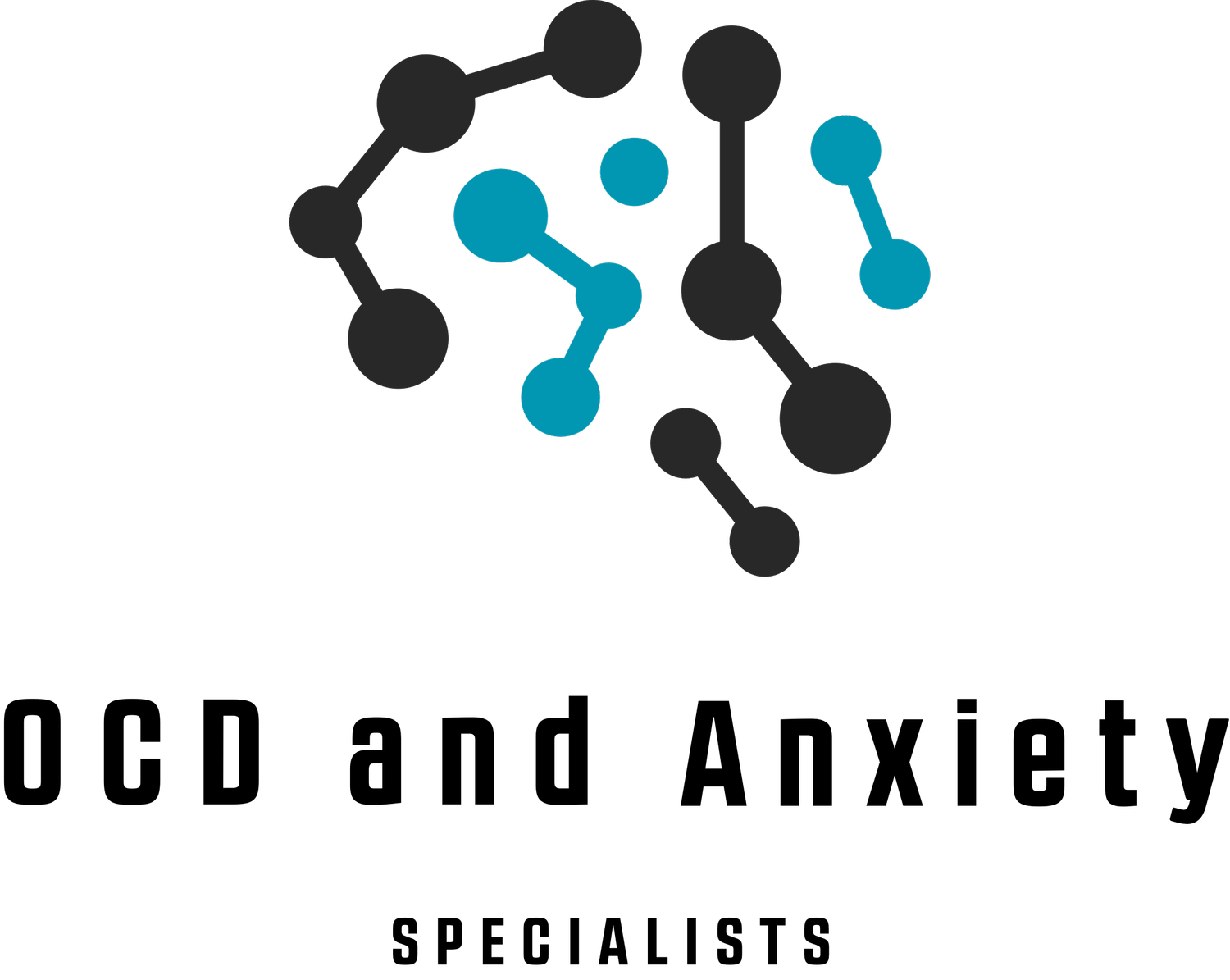OCD and Depression
Depression can serve as a complicating factor to OCD treatment. Luckily, with a few extra steps depression can be treated which frees up the OCD to be treated as well. There are two main ways that depression interacts with OCD.
What if I have depression and OCD?
Sometimes people with OCD will have episodes of depression that follow intense episodes of OCD. Unmanaged OCD can take a lot from our lives and distance us from the things we hold most important to us. During challenging bouts of OCD, it can be hard to connect to others, devote time to our goals, and participate in pleasurable activities. In the wake of these episodes, it is not uncommon to feel hopeless, fatigued, and depressed. Even worse, this can create a vicious cycle, where depression decreases the client’s drive to challenge their OCD, which in turn lets the OCD become more severe.
Thankfully, treating depression can be folded into OCD treatment fairly easily. In therapy for OCD, we learn that much of the content that our brain produces is not useful to listen to. We practice experiencing these signals without responding to them. By choosing to not respond to these signals as if they have any important meaning, we rob them of their power and turn them into harmless occasional background noise.
The same pattern of treatment works for depression. Just as OCD asks us to devote time to its demands (by checking, reviewing, and avoiding fears, etc), depression also asks us to cater to its will (by sleeping more, bingeing TV, avoiding friends, etc). When we choose not to respond to these unhelpful signals sent by the brain, we free ourselves up to instead spend our time and energy pursuing our goals and values, which in turn helps the depressive signals fade. The great part about this is that because depression and OCD can be treated using the same set of skills, once a patient learns to treat one condition they’re well on their way to mastering the other!
What if I become depressed when I do an exposure?
Another way that depression can interfere with OCD is when a client begins to feel depressed in reaction to an exposure. An exposure is an activity where we intentionally face distress and uncertainty in order to practice how to sit with it without compulsing. (As a refresher, the term compulse means engaging in an action or thought that is meant to reduce uncertainty or distress in regards to an OCD theme). There are many different ways that a client may be tempted to compulse: they may try to push a thought out of their head, review whether or not their fear is likely to occur, reassure themselves that their fear will not happen, or try to calm themselves down with a mantra or relaxation exercise.
One sneaky way the brain tries to compulse is to generate depression. Think about it this way: when we are depressed we feel like we’ve reached a conclusion (usually that everything is terrible and our worst fears are true). Depression can be a protective mechanism that the brain generates when it decides that dealing with uncertainty is too challenging. Instead of sitting with the distress of “I don’t know if X is true or not”, for some people with OCD it’s easier and more desirable in that moment to instead endorse the distress of “I bet X is true.” If a client chooses to endorse a depressive stance during an exposure, they don’t have to sit with the uncertainty and the intense distress that comes with it: instead they get depression, which although uncomfortable, can be less challenging than OCD. In this way, leaning into depression during an exposure is a compulsion: it is a sneaky tactic of the brain to avoid the discomfort of uncertainty.
So how do we deal with this? We learn to respond to depressive thoughts during an exposure the same way we respond to any other thoughts that promise certainty. If my client had health OCD and during an exposure experienced the thought “I definitely don’t have cancer”, I would encourage them to respond to that thought by saying “well, I can never know for sure”, so that they could practice sitting with the distress of not knowing the answer. Similarly, if during the same exposure they noticed feelings of depression and their brain saying “I just know it: I’m doomed and definitely have cancer.”, I would advise them to do the same thing: tell their mind “well I can never know either way, and I’ll have to sit with that uncertainty forever”. When the client learns to see the depression as just another compulsion, they can identify it and work around it the same way they would with any other compulsive thought. This frees them up to fully participate in their OCD treatment in order to get the results they are looking for.
